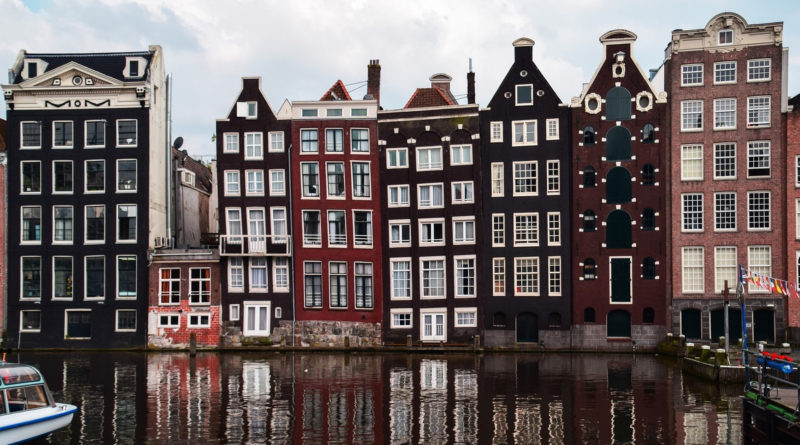City of Amsterdam studies options for British residents to stay
The City of Amsterdam wants to ensure its British residents will keep current rights after the UK leaves the European Union, so it commissioned a study to see how this can be done.
The Amsterdam Metropolitan Area is home to some 16,000 Britons representative of all professions: employees, researchers, entrepreneurs and students. Unless an agreement is reached between the UK and the EU, when the UK will leave the bloc they risk losing the rights to reside and benefit of social security, as well as of other entitlements associated with EU citizenship.
“The wish of the City of Amsterdam is that this be an open, international city, and one able to take responsibility for all its inhabitants, including British citizens,” says the report. “The City of Amsterdam will do its best to ensure that British citizens, as far as possible, keep the same residency rights that they held before Brexit, after the Brexit process is completed.”
The study was prepared between January and May, before the EU and the UK started formal discussions on the status of expatriate citizens. The conclusion is that rights of Britons in the EU (and of EU citizens in the UK) should be a preliminary and separate topic in the Brexit negotiations. The most secure way to guarantee these rights would be to include them in the UK withdrawal agreement, which will be permanent, as other transitional arrangements will likely have an expiry date.
The report also says the deal should allow a “more or less automatic application of developments in jurisprudence and legislation within the EU regarding the free movement of people.” This is because EU rules will continue to evolve, so it should be possible to adapt the terms going forward. An alternative solution could be based on the Swiss model, which envisages a joint committee to discuss the consequences of new developments for Britons in the EU and EU nationals in the UK. A third option consists in just ‘freezing’ citizens’ rights at the time of Brexit.
For students, the proposal is to continue free movement and participation in the exchange programme ‘Erasmus’. Current conditions applying to British students should also be maintained.
The report considers options to guarantee rights to future generations and offspring of British Amsterdammers too.
With regard to actions that can be taken at national level, separately from EU-UK talks, the study recommends to lobby the Dutch government to relax residency rules. This is to avoid limitations that apply to non-EU citizens, should Britons find themselves in this position in the future. It also suggests to insist with the government to make it easier to hold more than one nationality.
At local level, concludes the study, the City should inform British residents of all developments, including new conditions that might apply if they become “third country” nationals. In addition, the city should offer assistance to prepare for naturalisation, also as “a means to improve their co-living with other (migrant) population groups in Amsterdam.”
After the UK referendum on EU membership last year, the Mayor of Amsterdam, Eberhard Van der Laan, invited British residents to a meeting to discuss their situation. Some 200 people attended. The report was prepared by researchers at the University of Amsterdam to address some of their concerns. It did not focus on British arrivals in the Netherlands post Brexit, as new arrangements will depend on future agreements between the UK and the EU.
Claudia Delpero © all rights reserved.
Photo courtesy Pixabay.





